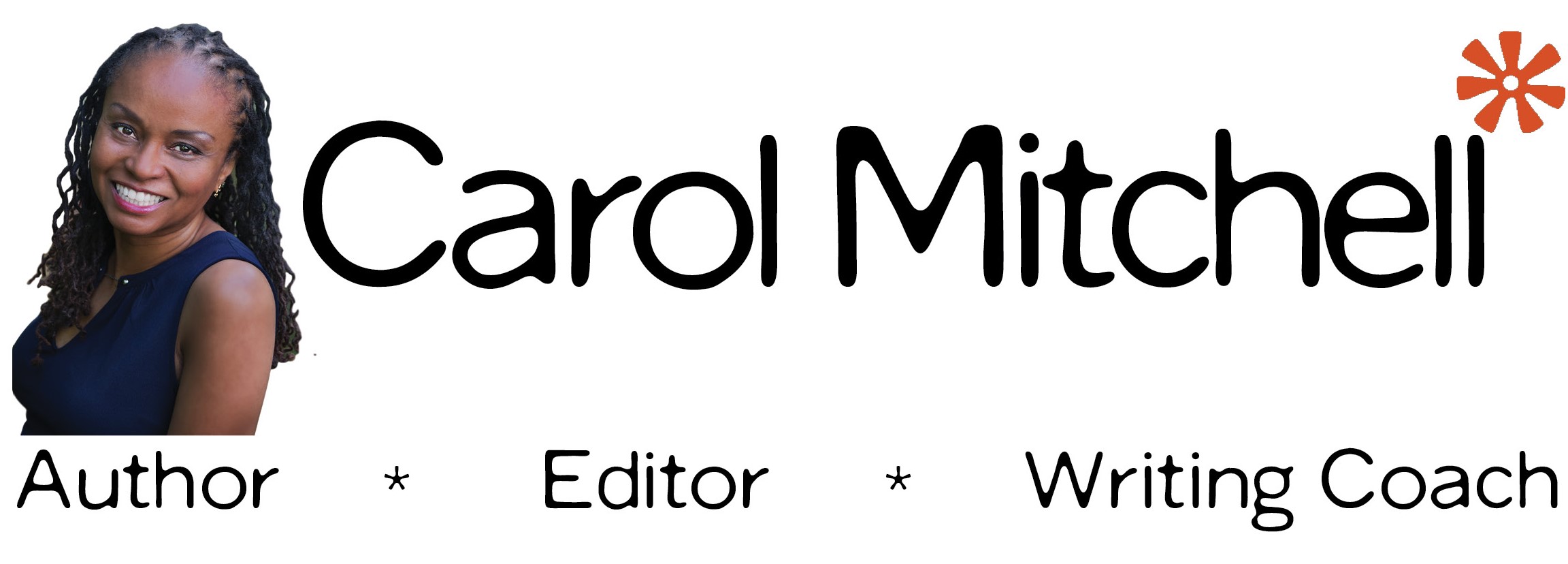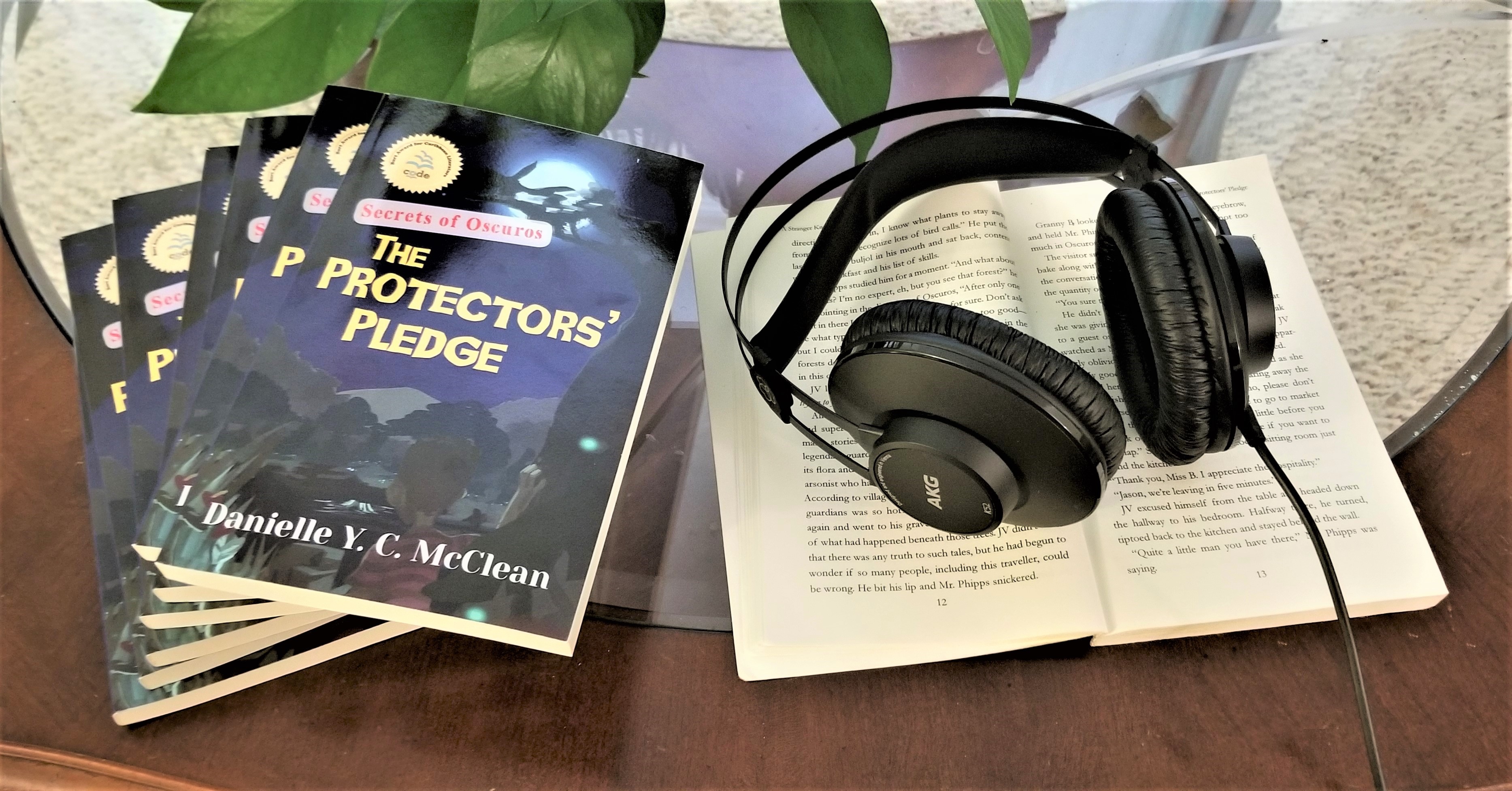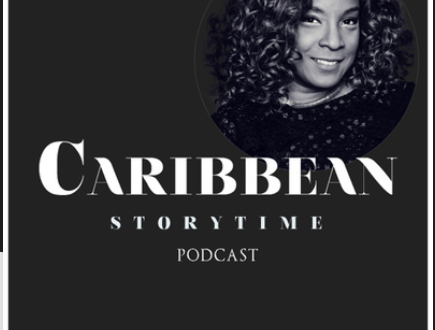I don’t recall why, but several years ago, I borrowed the first Harry Potter book on tape and started playing it in the car. It was my second experience with audio books, and it was life-changing. The narrator Jim Dale brought the book to life. Our whole family listened, including my daughter who, at the time, was too young to read the book herself; and my husband who would come home from work and spend some time catching up from where he had last left off.
A lot of people knock audio books. In the past, audio books (kind of like graphic novels) were considered mainly for people who had difficulty reading. Nothing could be further from the truth. While audio books may provide access to books for people with difficulty reading print books, this medium is great for those who are fully capable of reading and understanding a book for themselves. Audio books give you the opportunity to consume a book at times when you ordinarily would not be able to do so, e.g. exercising, cooking, driving, gardening, commuting, knitting, and so on. We always take an audio book along on long trips and no matter the title, everyone usually ends up  completely engrossed in the experience. A well-produced audio book can bring life to a text and the characters in a way that is different from a movie version because it sticks to the text exactly as the author envisioned it.
completely engrossed in the experience. A well-produced audio book can bring life to a text and the characters in a way that is different from a movie version because it sticks to the text exactly as the author envisioned it.
It is true that audio books are useful for struggling and early readers. Remember my Harry Potter anecdote? Well, my daughter was able to experience the book alongside her older brother. She was exposed to language and complex sentence structures that she would not see in the books at her reading level. She was also exposed to a great model of how books should sound when read aloud. Finally, she not only heard new words, but she learned how they were pronounced. In our house, if you mis-pronounce a word, it is a matter of pride because it means you learnt it from reading a book. With audio books, you learn the new word, understand the context, and learn how to pronounce it. (The spelling you will have to figure out yourself).
You may need a little practice – say five to ten minutes – to get attuned to listening an audio book. You have to train your ear to listen carefully as it is more complicated to go back to listen to something you missed than it is with a print book. However, if you are comfortable following your favorite program on the radio or TV, you should adjust to listening to audio books in short time.
I have found that some difficult texts are easier to follow on audio book. Examples are As I Lay Dying by William Faulkner and Lincoln in the Bardo by George Saunders. Both of these books were much more accessible to me on the audio versions where the voices, inflections, and accents were brought to life. I did not feel like I cheated, I felt that the sound was a part of the education I needed to have to enjoy these books.
The same can be said for Caribbean books. One of the comments that American reviewers made about my book Barberry Hill was that they were unsure in spots about the dialect. Once the audiobook is complete, I am sure this will no longer be an issue. I am also quite sure that CaribbeanReads’ recently published audio book of The Protectors’ Pledge, written and narrated by Danielle Y. C. McClean, will be loved by all readers.
Where to find audio books? Many libraries offer a large range of audio books. You can also get audio books on Audible, Amazon, iTunes, and many other sources. See all CaribbeanReads audio books.



